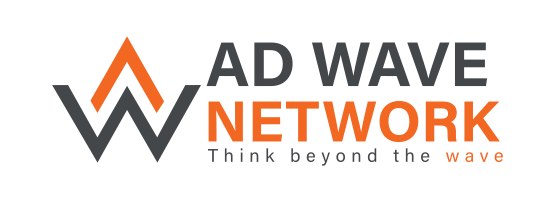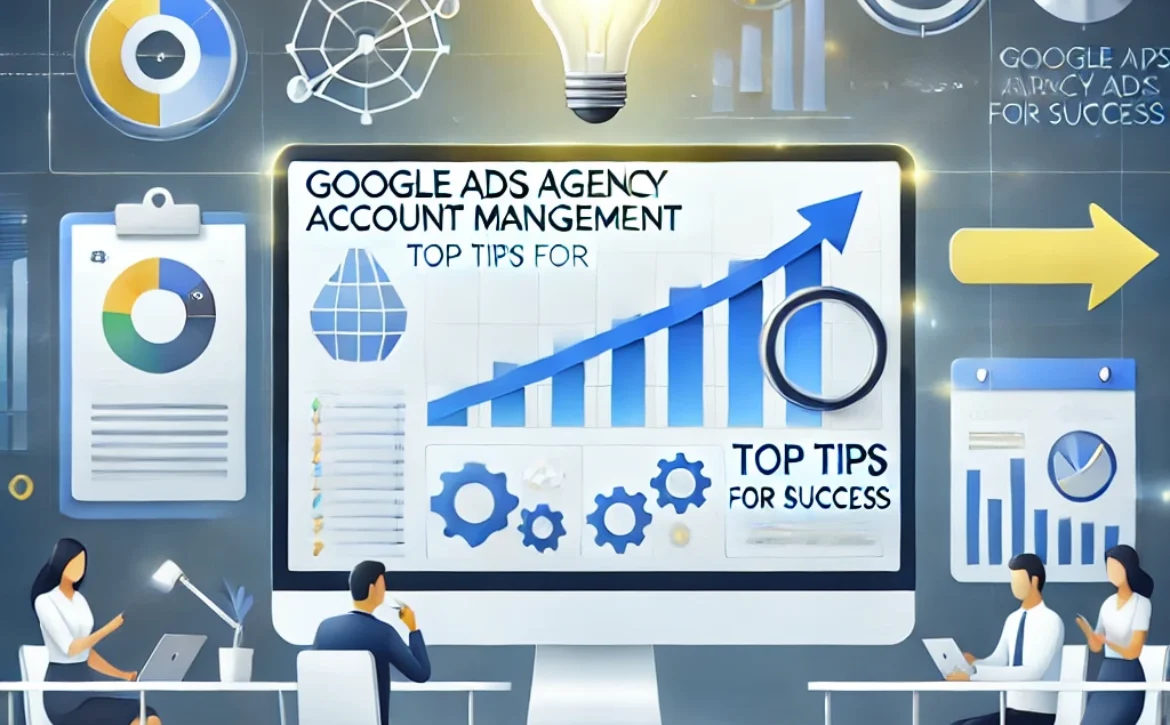Understanding Facebook Agency Ad Accounts:
Introduction to Facebook Agency Ad Accounts
A Facebook Agency Ad Account is a specialized advertising account designed to help agencies manage multiple campaigns seamlessly. These accounts are integrated into Facebook Business Manager, making it easier for teams to organize, optimize, and scale their marketing efforts.
In the fast-paced world of digital marketing, agency ad accounts serve as a vital tool for maintaining consistency and delivering exceptional results for clients. They not only streamline workflows but also enhance collaboration and transparency across teams.
By leveraging these accounts, agencies can access advanced features, including higher spending limits and prioritized support, ensuring campaigns run smoothly. With robust tools for monitoring and optimization, Facebook Agency Ad Accounts have become a cornerstone in modern marketing strategies, enabling agencies to exceed client expectations.
Benefits of Using Facebook Agency Ad Accounts
Facebook Agency Ad Accounts offer several key advantages that set them apart from standard accounts:
- Enhanced Account Stability: Managing client campaigns can be risky with standard accounts prone to sudden suspensions. Agency ad accounts provide a higher level of stability, reducing disruptions and ensuring uninterrupted performance.
- Access to Higher Spending Limits: For agencies handling large budgets or scaling campaigns, these accounts come with significantly higher ad spend thresholds. This flexibility allows for better campaign execution without hitting spending caps.
- Improved Support: With agency ad accounts, marketers receive prioritized assistance from Facebook’s support team. Whether troubleshooting technical issues or optimizing campaigns, having access to dedicated support speeds up problem resolution.
- Advanced Features: Tools like audience insights and detailed analytics give agencies a competitive edge. These features make it easier to track performance, refine strategies, and achieve client objectives efficiently.
With these benefits, Facebook Agency Ad Accounts are an essential resource for digital marketers aiming to streamline operations and boost results.
How to Obtain a Facebook Agency Ad Account
Obtaining a Facebook Agency Ad Account involves a straightforward but structured process:
- Eligibility Criteria: Agencies must meet specific requirements, such as maintaining a consistent advertising history, adhering to Facebook’s policies, and demonstrating financial stability.
- Step-by-Step Application Process:
- Begin by accessing Facebook Business Manager.
- Navigate to the “Ad Accounts” section and click on “Request Agency Access.”
- Provide necessary business details, including legal name, tax identification number, and proof of business operations.
- Submit the application and await approval from Facebook’s verification team.
- Documentation Requirements:
- Proof of identity for the account administrator.
- Business verification documents, such as tax registration or business license.
- Compliance certifications where applicable.
Following these steps ensures a smooth approval process, granting your agency access to a powerful advertising platform.
Setting Up and Managing Your Agency Ad Account
Once approved, setting up and managing your agency ad account effectively is crucial:
- Initial Setup:
- Link your agency ad account to Facebook Business Manager.
- Configure billing details and payment methods to avoid interruptions.
- Set up account permissions to control access for team members.
- Best Practices for Management:
- Regularly review campaign performance to identify improvement areas.
- Use tools like Ads Manager for detailed tracking and reporting.
- Stay compliant with Facebook’s advertising policies to prevent account suspensions.
- Assigning Roles and Permissions:
- Define roles such as admin, editor, or analyst within your team.
- Grant permissions based on individual responsibilities to maintain security.
- Monitor account activity to ensure accountability and prevent misuse.
By following these practices, you can maximize the potential of your Facebook Agency Ad Account and deliver top-notch results for your clients.
Common Challenges and How to Overcome Them
Even with Facebook Agency Ad Accounts, challenges can arise. Here’s how to tackle them:
- Account Suspensions: Ensure compliance with advertising guidelines to avoid suspensions. Regularly review ad policies and educate your team to minimize risks.
- Technical Issues: Leverage Facebook’s dedicated support for agency accounts to resolve problems quickly. Maintain a direct line of communication with support teams.
- Scaling Campaigns: Use analytics to identify high-performing ads and scale them strategically. Allocate budgets wisely to maximize ROI while maintaining efficiency.
- Managing Multiple Clients: Organize campaigns by creating clear naming conventions and folders within Business Manager. This helps avoid confusion and keeps workflows smooth.
Best Practices for Maximizing Ad Performance
To achieve outstanding results with your Facebook Agency Ad Account, implement these best practices:
- Craft Compelling Campaigns:
- Focus on creating engaging ad creatives and persuasive copy.
- Test different formats to find what resonates most with your audience.
- Utilize Data Insights:
- Use analytics tools to track campaign performance and adjust strategies.
- Pay attention to metrics like CTR, CPC, and conversion rates to optimize ads.
- Stay Updated:
- Keep up with Facebook’s advertising policies and platform updates.
- Attend webinars or training sessions to learn about new features and tools.
- A/B Testing:
- Experiment with different targeting options, ad placements, and creatives.
- Use results to refine your approach and improve outcomes over time.
Case Studies: Success Stories Using Agency Ad Accounts From Adwave Networks
Facebook Agency Ad Accounts have enabled many agencies to achieve remarkable results. Here are a few examples:
- E-Commerce Success: A digital marketing agency used agency ad accounts from Adwave Networks to manage high-budget campaigns for an e-commerce brand. By leveraging advanced analytics and optimizing ad spend, they increased sales by 40% in just three months.
- Local Business Growth: Adwave Networks helped a local business expand its reach using targeted Facebook ads. The dedicated support and stability of agency accounts played a key role in improving campaign performance and driving customer engagement.
- Scaling Global Campaigns: A global agency utilized the higher spending limits of Facebook Agency Ad Accounts to run campaigns across multiple regions from Adwave Networks. This approach resulted in a 50% boost in ROI compared to previous efforts.
Each of these cases highlights the potential of agency ad accounts when used strategically. The common thread is effective management, data-driven decisions, and continuous optimization. You can achieve all these results with Adwave Networks.
Visit us at adwavenetworks.com and get started.
Conclusion
Facebook Agency Ad Accounts are a game-changer for digital marketing agencies. They provide the tools, stability, and support needed to manage complex campaigns and deliver exceptional results for clients.
By leveraging the strategies outlined in this guide, agencies can maximize the benefits of these accounts, scale campaigns effectively, and stay ahead in a competitive marketplace. Whether you’re just starting or looking to refine your approach, now is the time to unlock the full potential of Facebook Agency Ad Accounts.




